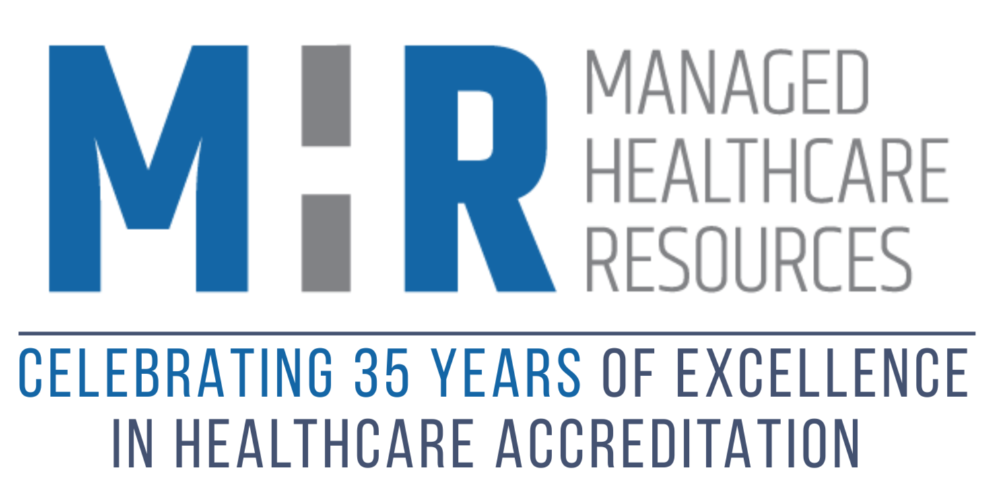
Are you unsure if your files are hitting the mark? Do you know if your delegated entities are complying with the requirements? Are you within your lookback period for your survey?
A best practice to know if you are “file ready” is to have a mock audit done. First or Renewal survey mock file reviews (or Initial and Renewals for UM organizations) provide practice for new staff, insight into any new requirements, and an explanation of any clarifications that NCQA published. An objective review by MHR’s team can help avoid a corrective action plan or denial of accreditation.
It’s the detail that matters in file reviews
UM appeal and denial requirements are filled with immense detail. To start, refer to NCQA’s resources, including:
- NCQA UM Standards
- (Current Year) UM File Review Submission Instructions for Organizations located on the Instructions tab of the document, which is accessed through NCQA’s Interactive Review Tool (IRT).
- Policy Updates
However, inspecting a sample of each of the three types of file reviews (medical necessity/non-behavioral health, behavioral health, and pharmaceutical management) is the best way to determine if you are compliant.
Additionally, you may have unique circumstances where MHR can readily submit a policy question to NCQA for clarification.
Our experience has shown that training UM staff on the NCQA standards combined with mock file reviews is a high-value service.
Is it a benefit determination or a medical necessity review?
Deciding what to include and exclude from a file review is a common question.
Some types of cases that are excluded from the medical necessity reviews are ones where:
- services are for personal care or are limited by number, duration, or frequency
- care does not depend on any circumstance which must be reviewed
- investigational and experimental services or procedures that are “always” excluded or as described in the member’s benefit booklet
- dental and vision not covered under the medical benefit
Cases that are included in the medical necessity reviews must be reviewed by an appropriate clinical professional and decided on medical necessity criteria and clinical appropriateness.
Tips on medical necessity reviews
Our NCQA experience is vast, so we can bring you several tips to help decipher what is included and excluded in medical necessity reviews. This list is not all-inclusive, so it’s best to ask your MHR consultant for guidance.
Pharmacy file reviews
Cases for pharmaceutical management, such as for preexisting conditions or for step therapy programs, whether reviewed by a pharmacist or a physician, are part of the medical necessity review.
Medical drugs covered under Medical Benefits and provided in the healthcare setting, including a doctor’s office, are included, while formulary exception requests are excluded.
Durable Medical Equipment (DME)
Medical devices such as glucometers should be reviewed by physicians even if the device is sold in a pharmacy. (Note: This was determined by NCQA in a Policy Clarification in 2020.)
Out-of-network
Denied services received out-of-network are included for medical necessity review. For example, if genetic testing was denied for an out-of-network lab, then the case must be reviewed for medical necessity.
Behavioral Health
Testing for behavioral health, including autism, is included in medical necessity file reviews.
Tips on notifications
- When services are requested by a provider (DME) or facility (Hospital) denial notifications must be sent to both the treating or attending practitioner and the facility. Example: If a medical device from a DME company is denied, notifications must be sent to both the treating and attending providers and the DME company.
- Notifications for out-of-network denials should explain what other facilities would have been acceptable for this treatment and what criteria were used, such as access and availability criteria.
- Appeal language must be explicit for expedited and standard appeals, even if the timeframe is the same.
- Criteria and denial rationale must be explicit to the member and in easy-to-understand language, including what is needed to appeal a decision.
Call to Action
- Contact MHR and schedule a consultation for a mock file review
- Get your UM staff trained on the UM standards, appeals, and denials
- Follow our LinkedIn page




